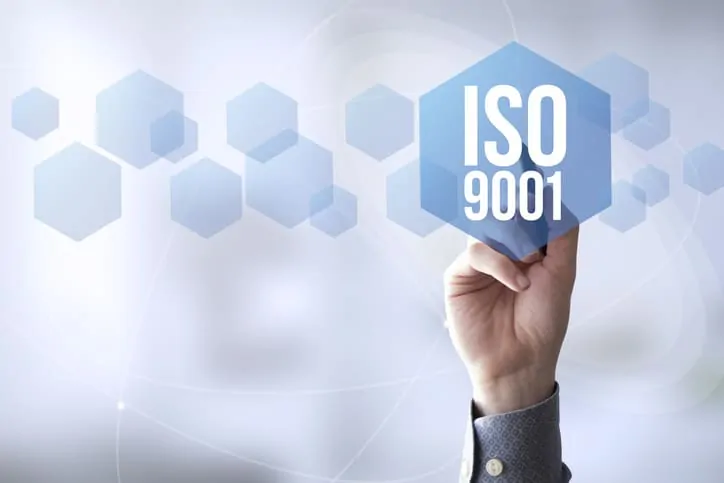Why Attend :
Quality Management Systems and the ISO 9001:2015 standard has been
designed for a global adoption in both manufacturing and service industries; it
provides the necessary platform to allow companies of all sizes to demonstrate
compliance to a global standard.
Now more than ever, government bodies, industry bodies, large corporations
and many other organizations require their supply chain to adopt the principals
of ISO 9001:2015. Therefore, whether you require your supply chain to adapt
or you are within the supply chain, there is a greater need to understand the
requirements of ISO 9001:2015. Furthermore, it is imperative to understand
how the Risk Based approach and Process approach align with your business
and to ensure your organization understands how to get the most benefit from
the new international standard.
This course will give participants clear guidance on how to transition from ISO
9001:2008 to ISO 9001:2015 ahead of the 2018 implementation deadline.
Course Methodology:
This training course will consist of lead power point presentations, real case
studies and examples, and open discussions on both theoretical and practical
elements.
Course Objectives :
By the end of the course, participants will be able to:
• Develop a Business Risk and Opportunities Register for their business
• Understand how to perform a Gap Analysis assessment of their current
system
• Advise their leadership team of the key leadership principles of Clause 5 of
the standard
• Apply best practice techniques in transitioning their system and implementing
it across their organization
• Understand the impact of human factors in the implementation and
effectiveness program
• Prepare ISO 9001:2015 audit checklists
• Undertake ISO 9001:2015 Management review meetings
Target Audience :
This course is applicable to anyone who deals with ISO 9001 Quality
Management Systems by either managing, interacting or auditing the system.
These include but are not limited to Quality, QHSE, Compliance and Assurance
staff; Internal Auditors; organizational leaders; as well as those new to Quality
Management that seek to gain an understanding of the new standard and how
to transition.
Target Competencies :
• ISO9001:2015 Standards
• Gap Analysis Assessment
• Risk Based Thinking
• Auditing
• Quality Management
Course Outline
• Overview of ISO 9001:2015
• Introduction to ISO and 9001
• The history of the standard
• Certification and the process to achieve
• What is Annex SL
• Key principals of the change
• Benefits of the change
• Integration with other ISO standards
• Differences between ISO 9001:2008 and ISO 9001:2015
• 2008 v 2015 comparison matrix
• Changing terminology and meaning
• Gap Analysis Audit
• Leadership
• The changing emphasis concerning documentation
• Process management
• Threats and Opportunities
• Risk Based Thinking and the Process Approach
• What is the Process Approach
• Benefits of a Process Approach
• Introducing Risk through threats and opportunities to a Quality Management
Systems
• James Reason’s Swiss Cheese Model approach to Risk Based Thinking and
the Process Approach
• Transition Principles of ISO 9001:2015
• Why Leadership is now a separate section
• The importance of Awareness and Communication
• Internal Audit
• Management Review
• The changing emphasis concerning documentation
• Human Factors of Implementation
• Expectations and Detailed requirements of ISO 9001:2015
• Expectations on you by a certification body
• Timeline for transition
• Leadership expectations
• How to help your organization through transition





